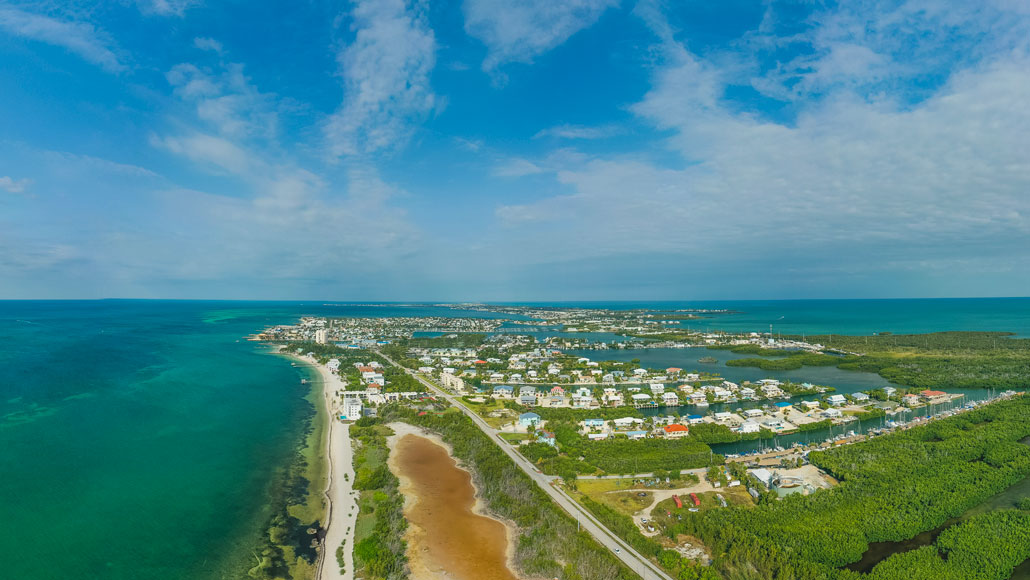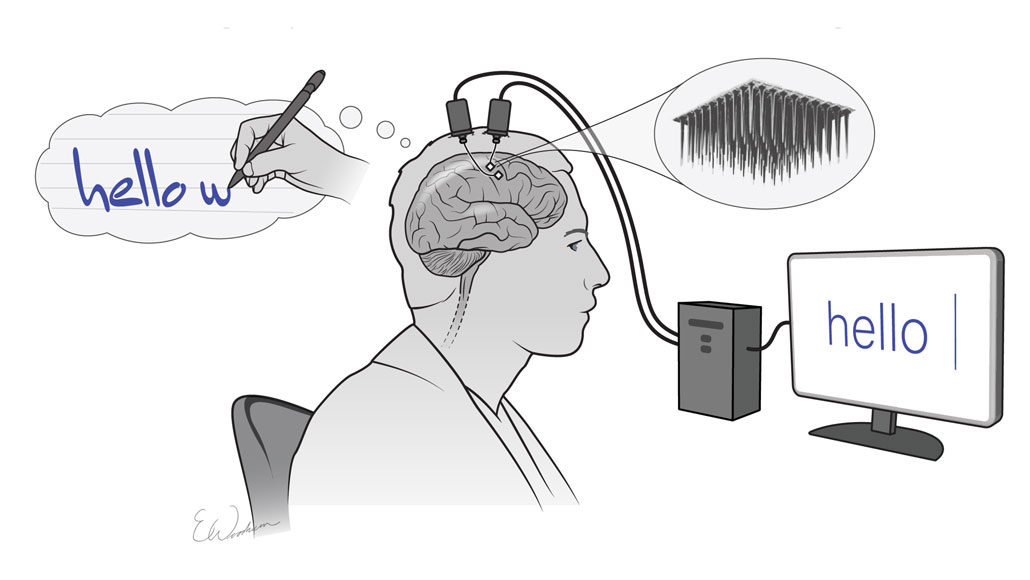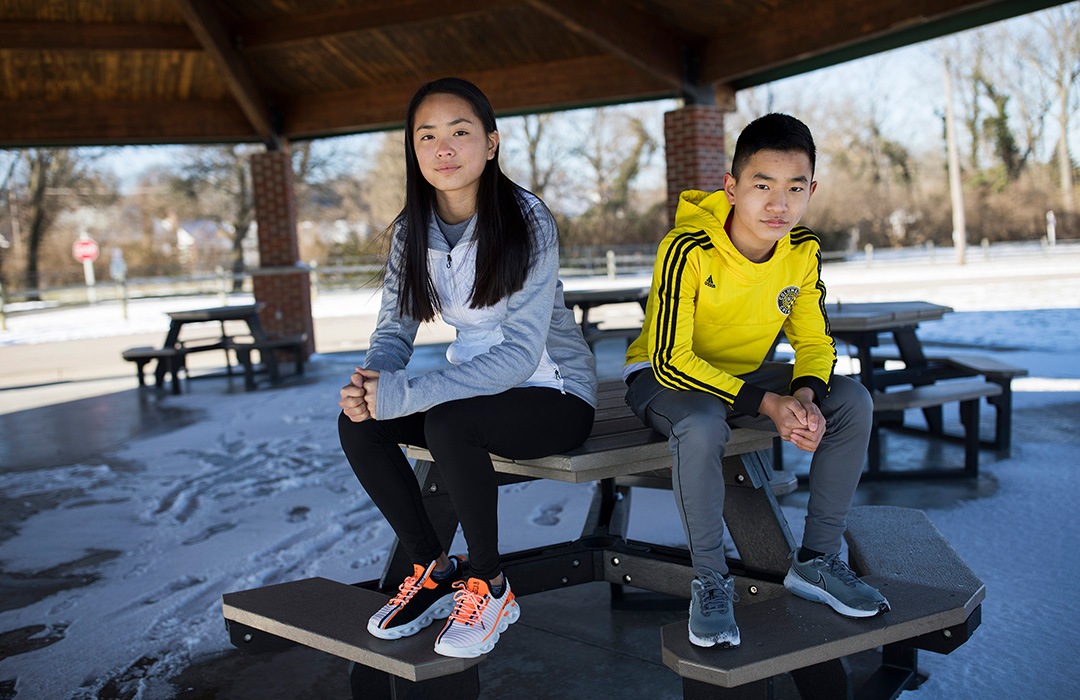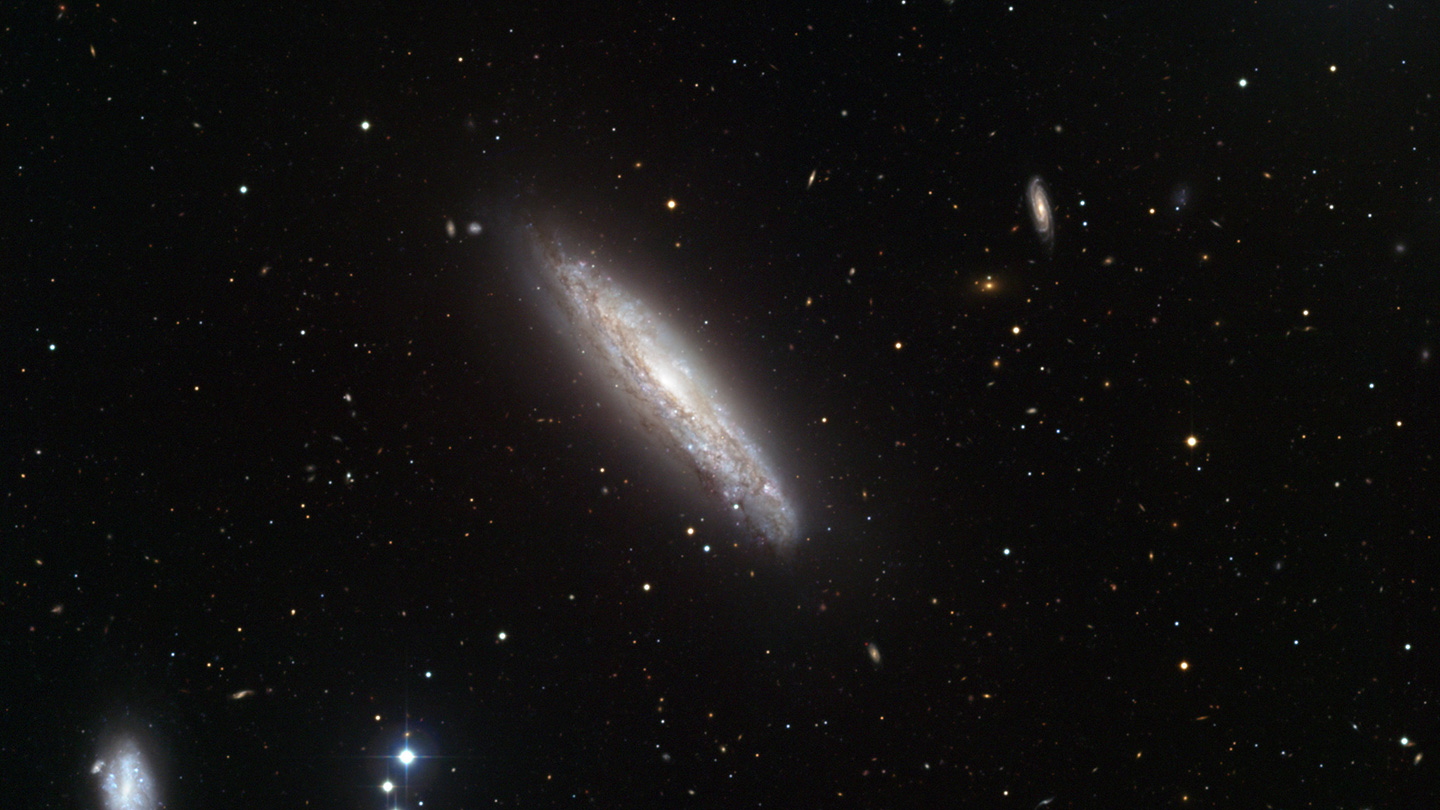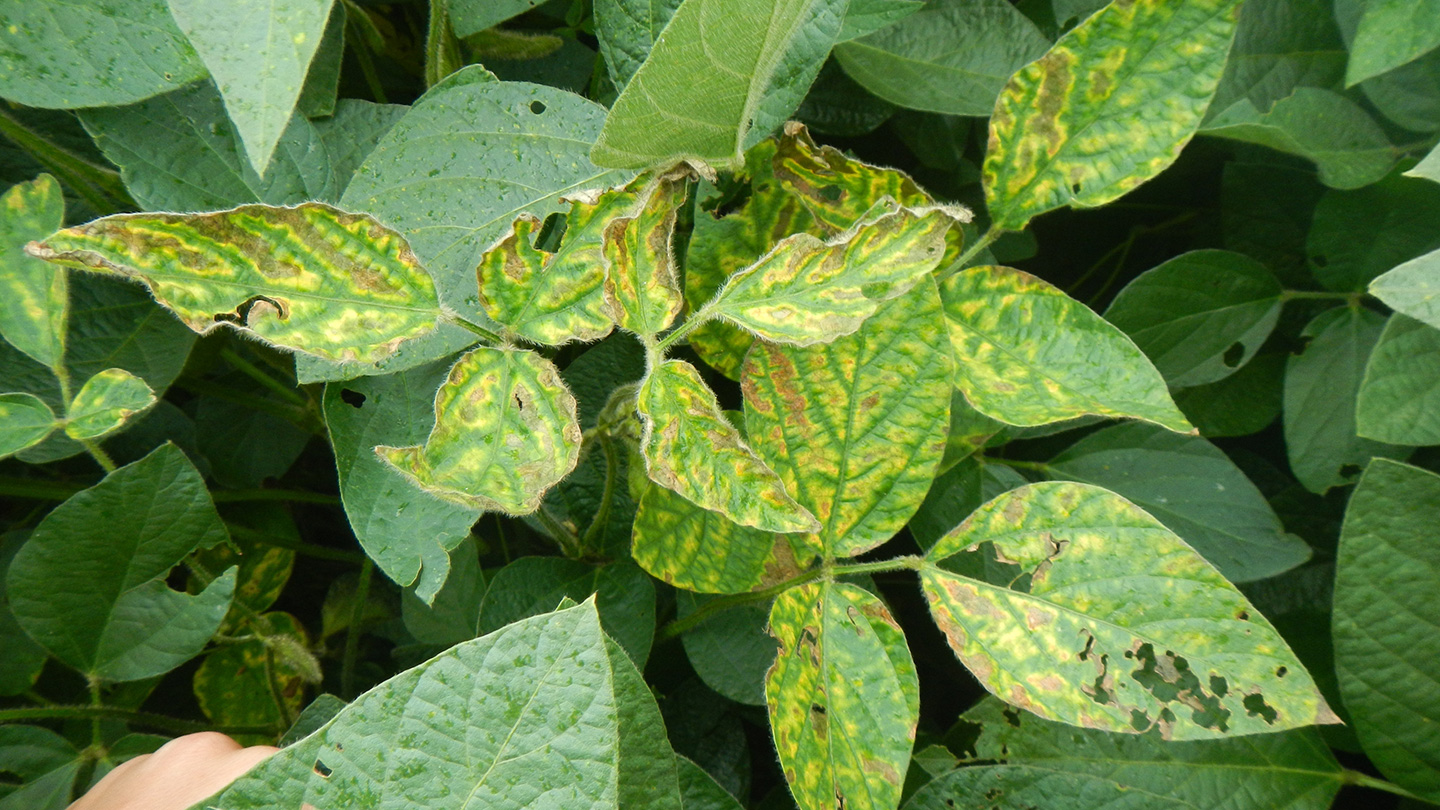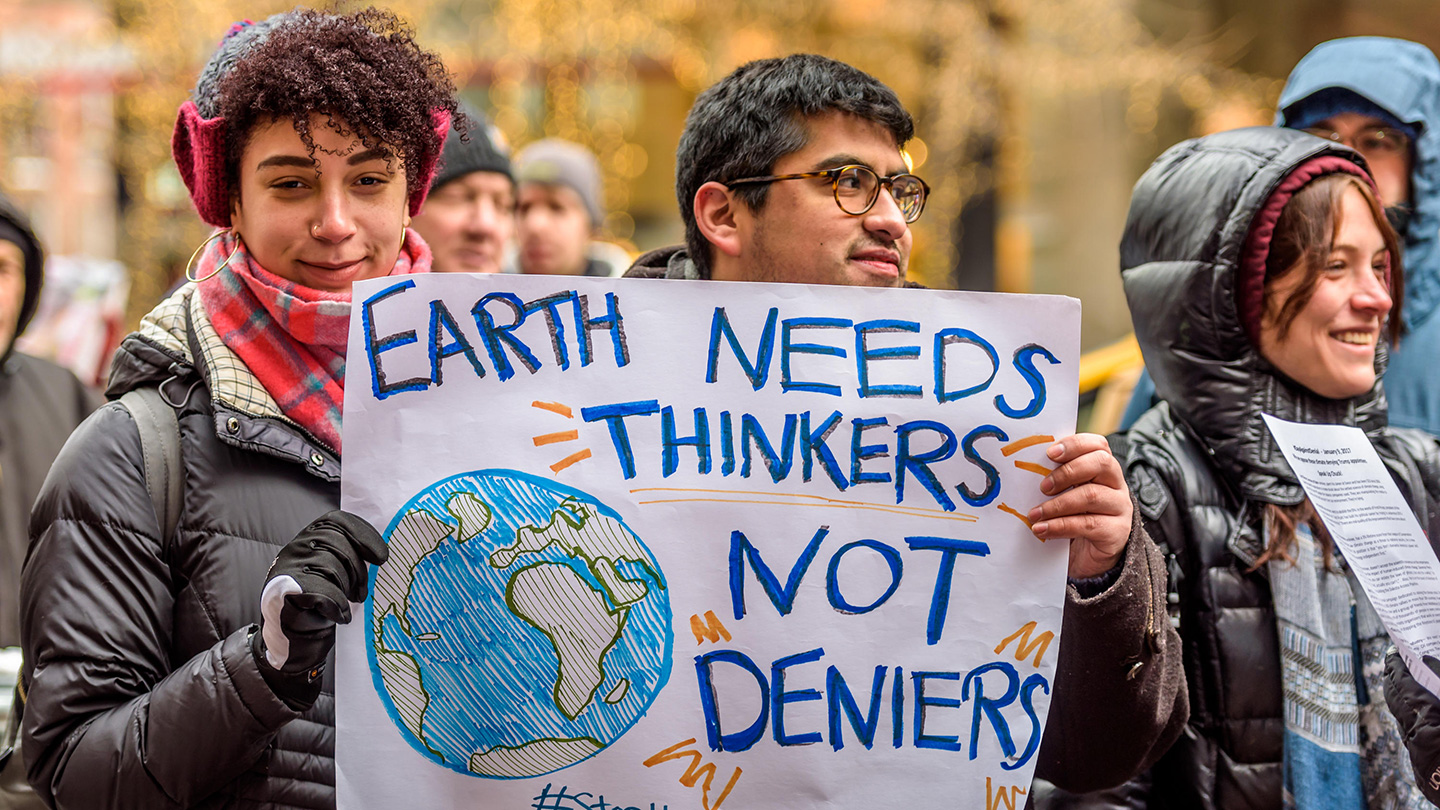
Over the final 4 many years, an extremely organized, well-funded marketing campaign powered by the fossil gasoline business has sought to discredit the science that hyperlinks world local weather change to human emissions of carbon dioxide and different greenhouse gases. These disinformation efforts have sown confusion over information, questioned the integrity of local weather scientists, and denied the scientific consensus on the function of people.
Such disinformation efforts are outlined in internal documents from fossil gasoline giants resembling Shell and Exxon. As early because the Eighties, oil corporations knew that burning fossil fuels was altering the local weather, in keeping with industry documents reviewed at a 2019 U.S. House of Representatives Committee on Oversight and Reform listening to. Yet these corporations, aided by some scientists, got down to mislead the general public, deny well-established science and forestall efforts to control emissions.
But the effects of climate change on extreme events resembling wildfires, warmth waves, and hurricanes have grown to be arduous to downplay (SN: 12/19/20 & SN: 1/2/21, p. 37). Not coincidentally, climate disinformation tactics have shifted from outright denial to distraction and delay (SN: 1/16/21, p. 28).
As disinformation ways evolve, researchers proceed to check new methods to fight them. Debunking by fact-checking unfaithful statements is one method to fight local weather disinformation. Another manner, more and more adopted by social media platforms, is to add warning labels flagging messages as potential disinformation, such because the labels Twitter and Facebook (which additionally owns Instagram) started including in 2020 concerning the U.S. presidential election and the COVID-19 pandemic.
At the identical time, Facebook was sharply criticized for a change to its fact-checking policies that critics say allows the unfolding of local weather disinformation. In 2019, the social media big determined to exempt posts that it determines to be opinion or satire from fact-checking, making a probably massive disinformation loophole.
In response to mounting criticism, Facebook unveiled a pilot mission in February for its customers within the United Kingdom, with labels mentioning myths about local weather change. The labels additionally level customers to Facebook’s climate science information center.
For this mission, Facebook consulted many local weather communication specialists. Sander van der Linden, a social psychologist on the University of Cambridge, and cognitive scientist John Cook of George Mason University in Fairfax, Va., helped the corporate develop a brand new “myth-busting” unit that debunks frequent local weather change myths — resembling that scientists don’t agree that world warming is going on.
Cook and van der Linden have additionally been testing methods to get out in entrance of disinformation, a method often called prebunking or inoculation concept. By serving to folks acknowledge frequent rhetorical methods used to unfold local weather disinformation — resembling logical fallacies, counting on pretending “experts” and cherry-picking solely the information that helps one view — the 2 hope to construct resilience in opposition to these ways.
This new line of protection might include a bonus, van der Linden says. Training folks in these methods might construct a more basic resilience to disinformation, whether or not associated with local weather, vaccines, or COVID-19.
Science News requested Cook and van der Linden about debunking conspiracies, collaborating with Facebook, and the way prebunking is (and isn’t) like getting vaccinated. The conversations, held individually, have been edited for brevity and readability.
We’ve seen each misinformation and disinformation used within the local weather change denial dialogue. What’s the distinction?
van der Linden: Misinformation is any info that’s incorrect, whether or not as a consequence of error or pretend information. Disinformation is intentionally meant to deceive. Then there’s propaganda: disinformation with a political agenda. But in apply, it’s troublesome to disentangle them. Often, folks use misinformation as a result of it’s the broadest class.
Has there been a change within the nature of local weather change denialism in a previous couple of many years?
Cook: It is shifting. For instance, we fed 21 years of [climate change] denial blog posts from the U.Ok. right into a machine studying program. We discovered that the science denialism misinformation is regularly happening — and answer misinformation [targeting climate policy and renewable energy] is on the rise [as reported online in early March at SocArXiv.org].
As the science turns more obvious, it turns more untenable to assault it. We see spikes in coverage misinformation simply earlier than the federal government brings in new science coverage, resembling a carbon pricing invoice. And there was an enormous spike earlier than the [2015] Paris climate agreement. That’s what we are going to see more of overtime.
How do you hope Facebook’s new local weather change misinformation mission will assist?
Cook: We want tech options, like flagging and tagging misinformation, in addition to social media platforms downplaying it, so [the misinformation] doesn’t get placed on as many individuals’ feeds. We can’t rely upon social media. A glance behind the scenes at Facebook confirmed the problem of getting firms to adequately reply. There are numerous inside tensions.
van der Linden: I’ve labored with WhatsApp and Google, and it’s at all times the identical story. They need to do the suitable factor, however don’t observe via as a result of it hurts engagement on the platform.
But going from not taking a stance on local weather change to taking a stance, that’s an enormous win. What Facebook has completed is a step ahead. They listened to our designs and strategies and feedback on their [pilot] check.
We wished more than an impartial [label directing people to Facebook’s information page on climate change], however, they wished to check the impartial post first. That’s all good. It’ll be just a few months at the very least for the testing within the U.Ok. section to roll out, however, we don’t but know what number of different nations they are going to roll it out to and when. We all got here on board with the concept that they’re going to do more, and more aggressively. I’ll be pleasantly shocked if it rolls out globally. That’s my standard for fulfillment.
Scientists have been countering local weather change misinformation for years, via fact-checking and debunking. It’s a bit like whack-a-mole. You advocate for “inoculating” folks in opposition to the methods that assist misinformation to unfold via communities. How can that assist?
van der Linden: Fact-checking and debunking are helpful for those who do it properly. But there’s the problem of ideology, of resistance to fact-checking when it’s not in step with ideology. Wouldn’t life be a lot simpler if we might stop [disinformation] in the first place? That’s the entire level of prebunking or inoculation. It’s a multilayer protection system. If you may get there first, that’s nice. But that received’t at all times be potential, so you continue to have real-time fact-checking. This multilayer firewall goes to be probably the most helpful factor.
You’ve each developed online interactive instruments, video games actually, to check the thought of inoculating folks in opposition to disinformation ways. Sander, you created a web-based interactive sport referred to as Bad News, during which gamers can invent conspiracies and act as pretend information producers. A research of 15,000 members reported in 2019 in Palgrave Communications confirmed that by enjoying creating misinformation, people got better at recognizing it. But how long does this “inoculation” final?
van der Linden: That’s an essential distinction within the viral analogy. Biological vaccines give more or much less lifelong immunity, at the very least for some sorts of viruses. That’s not the case for a psychological vaccine. It wears off over time.
In one research, we followed up with people [repeatedly] for about three months, throughout which period they didn’t replay the sport. We discovered no decay of the inoculation impact, which was fairly shocking. The inoculation remained secure for about two months. In [a shorter study focused on] local weather change misinformation, the inoculation effect also remained stable, for at the very least one week.
John, what about your sport Cranky Uncle? At first, it targeted local weather change denial, however, you’ve expanded it to incorporate different sorts of misinformation, on matters resembling COVID-19, flat-earth, and vaccine misinformation. How effectively do methods to inoculate in opposition to local weather change denialism translate to different sorts of misinformation?
Cook: The methods utilized in local weather denial are seen in all types of misinformation. Working on deconstructing [that] misinformation launched me to parallel argumentation, which is mainly using analogies to fight flawed logic. That’s what late evening comedians do: Make what is clearly a ridiculous argument. On a different evening, for instance, Seth Meyers talked about how Texas blaming its [February] energy outage on renewable vitality was like New Jersey blaming its issues on Boston [clam chowder].
My fundamental tip is to arm yourself with the consciousness of deceptive methods. Think of it like a virus spreading: You don’t need to be a super spreader. Make positive that you simply sporting a mask, for starters. And if you see misinformation, name it out. That observational correction — it issues. It makes a distinction.
Source

